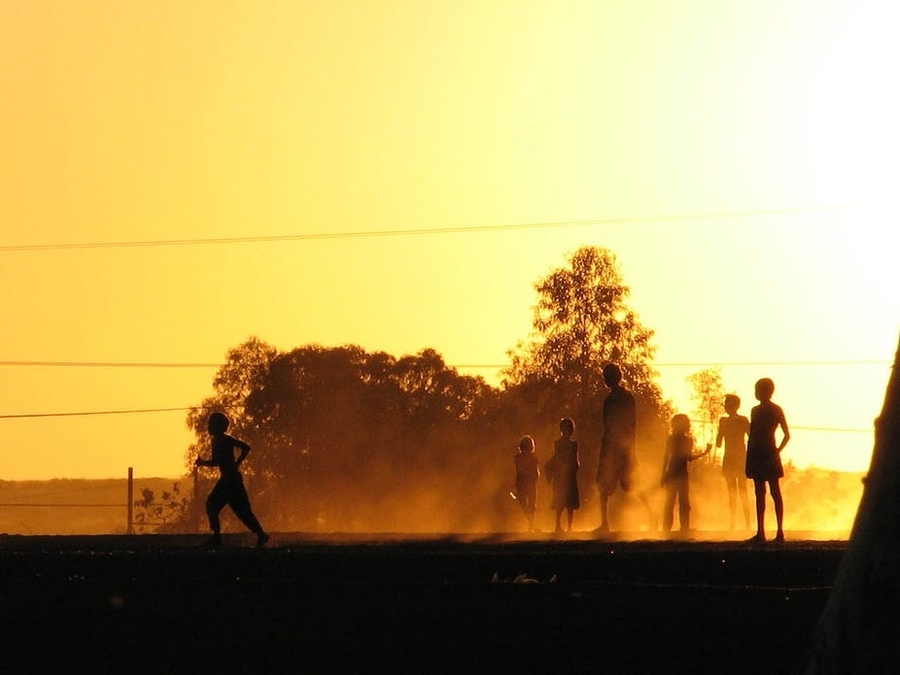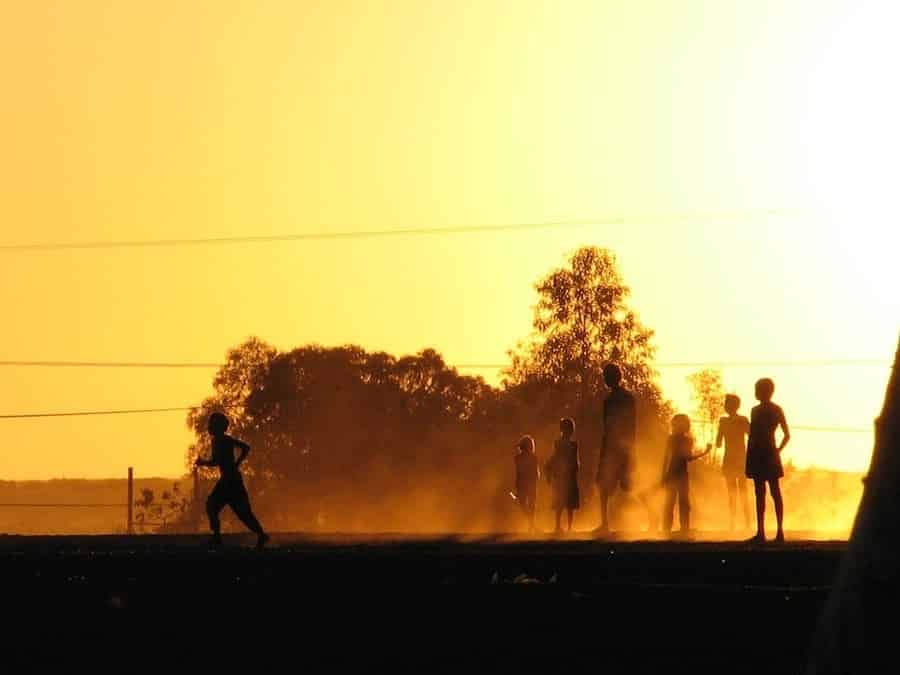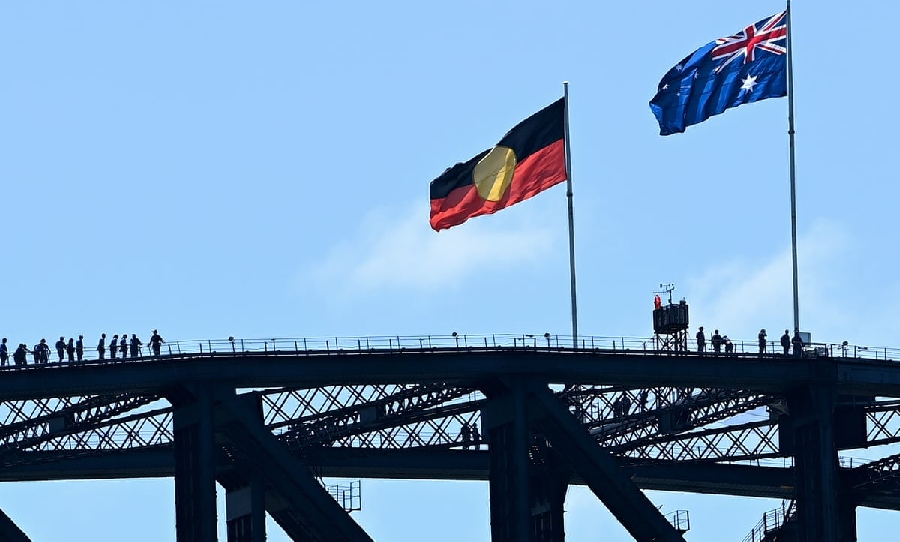Whilst the world is coming face to face with shortages caused by coronavirus, members of remote Indigenous communities in Australia were deprived of access to basic necessities for three days – and there wasn’t even the virus to blame.
In news that failed to make headlines across the nation, the incident was just another example of how our country continues to fail its Indigenous people.

Indigenous communities living in the Northern Territory’s Groote archipelago were left helpless after power outages caused by storms and flooding.
For three days, Indigenous Communities living on islands off the coast of the Northern Territory were unable to access phone service, internet, or Eftpos after power outages were unable to be solved by Telstra. Effectively, this meant that residents’ access to food, fuel, banking, and all other services as halted.
The controversial Basic card, Medicare card, and bankcard, which serve as the only means in which community members are able to make purchases, were all rendered useless. Community members were left “sick, angry, hungry, and forgotten,” with no support from emergency services.
The Anindilyakwa Land Council has described the response from Telstra and the government as inadequate and unacceptable.
“No emergency procedures were put in place,” its chief executive Mark Hewitt described.
“Without access to food, fuel and information, there was a significant spike in community unrest. Properties were broken into and damaged, and land council staff were physically assaulted.”
While we are left to question how this could have happened, especially considering the occurrence of blackouts and power outages in the past, we are also left to ponder why we seem to continuously fail our First Nations people.
The Land Council have described that they are sickened by their treatment as “second class citizens” after the government’s slow response to the emergency.
The government’s solution to the catastrophe was to add additional police on the islands “to support a return to normal operations.”



